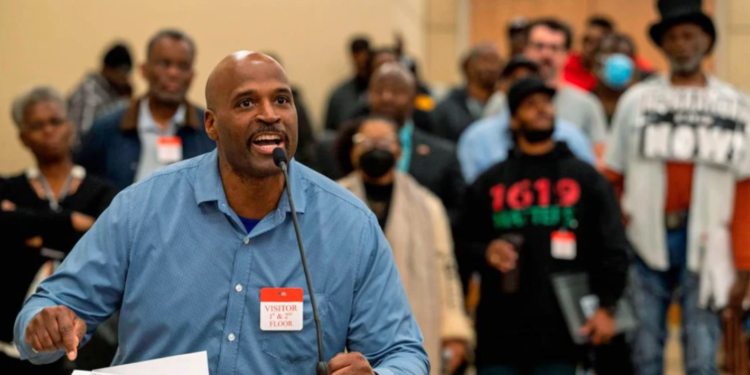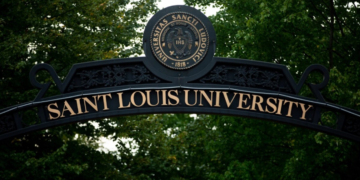Sep 26, 2024 Story by: Editor
On Wednesday, California Governor Gavin Newsom marked significant progress and setbacks in the state’s reparations initiatives. Among the achievements was the signing of Assembly Bill 3089, which formally apologizes on behalf of California for the “harms and atrocities committed by the state,” including its role in perpetuating racial discrimination through chattel slavery, segregation, and unequal allocation of government resources.
This legislation “declares that such actions shall not be repeated” and commits to restorative measures beyond the apology itself. Newsom also signed Senate Bill 1089, aimed at addressing food and health disparities by mandating advance notification for grocery store or pharmacy closures in underserved communities.
However, he vetoed Senate Bill 1050, which sought to restore property seized under racially motivated eminent domain to its rightful owners or provide alternative remedies, such as restitution. “I thank the author for his commitment to redressing past racial injustices,” Newsom stated, referring to state Senator Steven Bradford. “However, this bill tasks a nonexistent state agency to carry out its various provisions and requirements, making it impossible to implement.”
The agency intended to implement this policy would have been established if Senate Bill 1403 had passed. This bill, also introduced by Bradford, aimed to create a body to implement recommendations from the state’s pioneering Task Force to Study and Develop Reparation Proposals for African Americans. However, it failed after the Newsom administration made last-minute changes that shifted the focus to further research on reparations instead of establishing the necessary agency.
Newsom also vetoed Assembly Bill 1975, which sought to integrate “medically supportive” food and nutrition interventions into Medi-Cal benefits. Nevertheless, he signed several other measures aimed at addressing racial inequities, including:
- Assembly Bill 1986: Mandates the Office of the Inspector General to ensure access to literature for incarcerated individuals by publicly posting a list of banned books in state prisons.
- Assembly Bill 2319: Requires the Attorney General to enforce compliance with anti-bias training for perinatal healthcare providers.
- Assembly Bill 1815: Revises the definition of “race” to enhance discrimination protections by including traits associated with race, such as hair texture.
Additionally, on September 22, Newsom signed Assembly Bill 3131, which requires the state Department of Education to prioritize funding for socioeconomically disadvantaged communities, particularly in historically redlined areas.
According to Assemblywoman Lori D. Wilson, chair of the California Legislative Black Caucus, this legislative package reflects a broader understanding of reparations. “While many only associate direct cash payments with reparations, the true meaning of the word, to repair, involves much more,” she stated. Wilson emphasized the need for a comprehensive strategy to dismantle the legacy of slavery and systemic racism.
This legislative effort stems from California’s first-in-the-nation state-backed task force, which highlighted the state’s active role in perpetuating systemic racism against Black Californians through discrimination in housing, education, and employment. Despite this progress, several proposals from the 14-bill reparations package, including measures to ban involuntary servitude and solitary confinement, did not pass. Source: ABC News

















